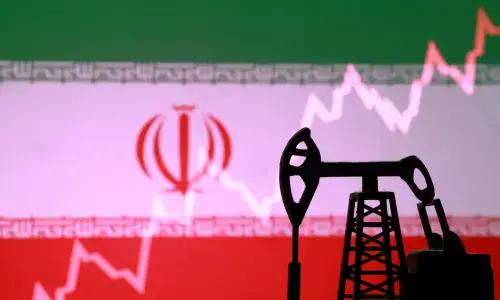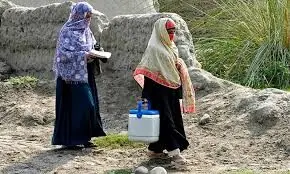ISLAMABAD: The World Bank says that remittances to Pakistan in 2020 are projected to decline by 23 per cent, totalling about $17 billion, compared with $22.5bn remitted in 2019, in the wake of the economic crisis caused by the Covid-19 outbreak.
And, the bank warns, this crisis could be long, deep, and pervasive when viewed through a migration lens.
The latest issue of World Bank publication, Migration and Development Brief focusing on the Covid-19 crisis, says that the outbreak has affected both international and internal migration in the South Asia region.
As the early phases of the crisis unfolded, many international migrants, especially from the Gulf Cooperation Council (GCC) countries, returned to countries such as India, Pakistan, and Bangladesh — until travel restrictions halted these flows. Some migrants had to be evacuated by governments, such as those of China and Iran.
The publication says that the flows of remittances in 2020 to low- and middle-income countries are expected to drop by around 20pc to $445bn, from $554bn in 2019. In the midst of this sharp decline, the relative importance of remittance flows as a source of external financing for low- and middle-income countries is expected to rise.
This is because foreign direct investment (FDI) is expected to decline by even more, due to travel bans, disruption of international trade, and wealth effects of declines in the stock prices of multinational companies.
The global average cost of remittances declined to 6.8pc in the first quarter of 2020, from 6.9pc a year previous. This remains far above the Sustainable Development Goal (SDG) target of 3pc. Remittance service providers have been affected by lockdowns, shorter business hours, and social distancing. This has increased the relative importance of electronic transfers, since some cash-based services and remittance operators have been closed or impacted negatively by the crisis.
Although the use of digital payment instruments for sending remittances is increasing, poorer and irregular migrants often lack access to online services. They require the origination and distribution of funds through banks, payment cards, or mobile money.
Online transactions, like cash-based services, require remittance service providers to exercise vigilance against fraud and financial crime to comply with anti-money laundering and countering the financing of terrorism (AML/CFT) regulations. However, such due diligence has become difficult amid staff shortages.
The publication says that so far the government policy responses to the Covid-19 crisis have largely excluded migrants and their families back home.
Published in Dawn, April 24th, 2020































